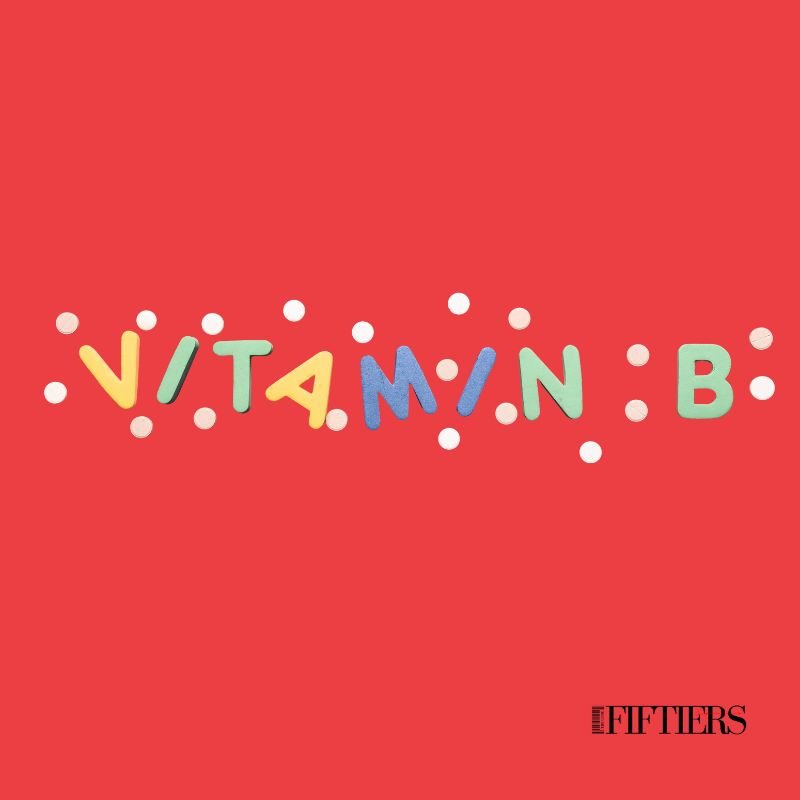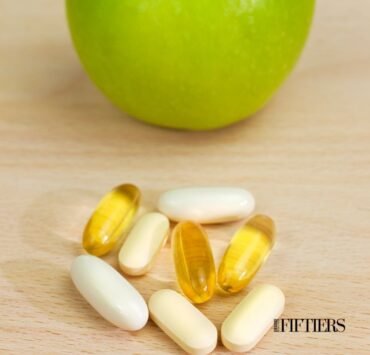The Importance of Vitamin B and Supplementation After Age 50

FIFTIERS | Life Begins at 50. La vida comienza a…
As we reach the age of 50, our bodies undergo various changes that require special nutritional attention. One essential vitamin group during this stage is the B complex, composed of eight fundamental vitamins: B1 (thiamine), B2 (riboflavin), B3 (niacin), B5 (pantothenic acid), B6 (pyridoxine), B7 (biotin), B9 (folic acid), and B12 (cobalamin). Each vitamin plays a crucial role in maintaining both physical and mental health.
Vitamin B actively participates in essential metabolic processes, such as energy production, nervous system maintenance, brain function, and red blood cell formation. After the age of 50, certain physiological changes, like decreased gastric acid production, can affect the absorption of these vitamins, particularly vitamin B12.
Vitamin B deficiency can lead to significant problems in older adults, including chronic fatigue, muscle weakness, memory issues, neurological disorders, anemia, and an increased risk of cardiovascular disease. For example, vitamin B12 deficiency is closely associated with cognitive decline and increased risks of dementia and Alzheimer’s disease.
The B vitamin group boosts energy, strengthens the nervous and circulatory systems, enhances brain function, and maintains healthy skin, hair, and nails. They are more effective when taken together rather than individually.
Proper supplementation can prevent these issues and significantly improve quality of life at this stage. Recent studies indicate that regular supplementation with vitamin B12 and folic acid can reduce the risk of cognitive decline and enhance cardiovascular health. Additionally, adequate levels of vitamin B6 are essential for controlling chronic inflammation, linked to numerous aging-related diseases.
It is recommended that individuals over 50 consult with their doctor or nutritionist regarding the initiation of vitamin B supplements, especially B12 and B9, in addition to maintaining a balanced diet rich in foods containing these vitamins, such as lean meats, eggs, dairy products, fortified cereals, legumes, leafy green vegetables, and nuts.
Vitamin B is essential for maintaining a healthy and active life after 50. Proper supplementation, supervised by healthcare professionals, can be key to preventing deficiencies and preserving optimal physical and mental health.
A vitamin B complex supplement should be bioavailable, comprehensive, and formulated specifically to effectively and harmoniously support your health.
Discover more from FIFTIERS
Subscribe to get the latest posts sent to your email.
















